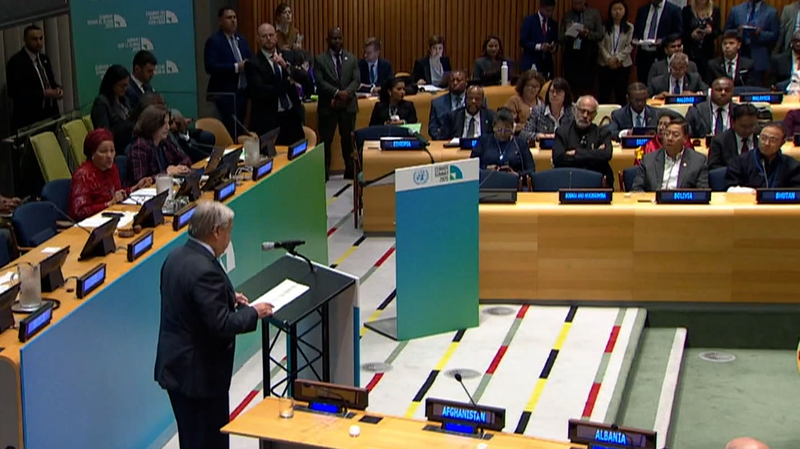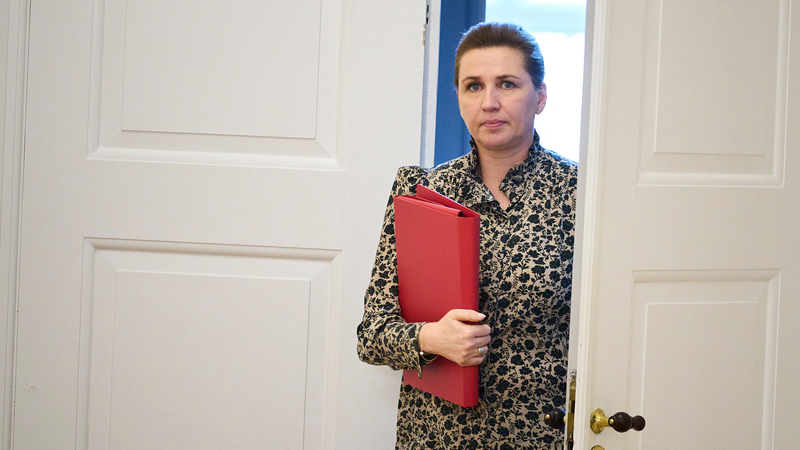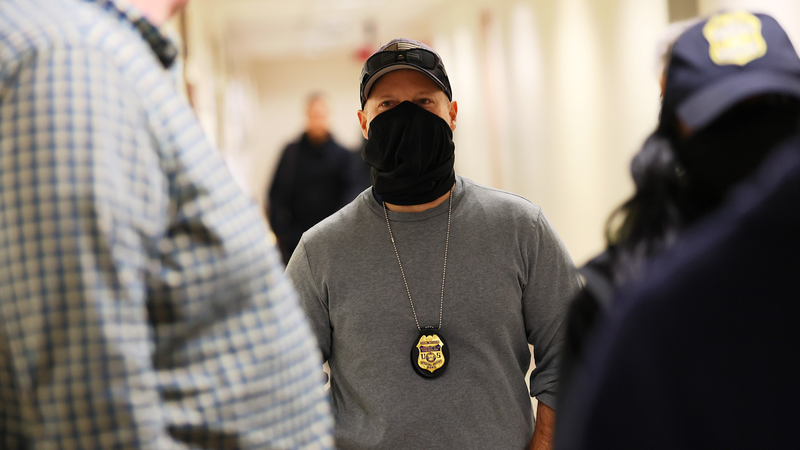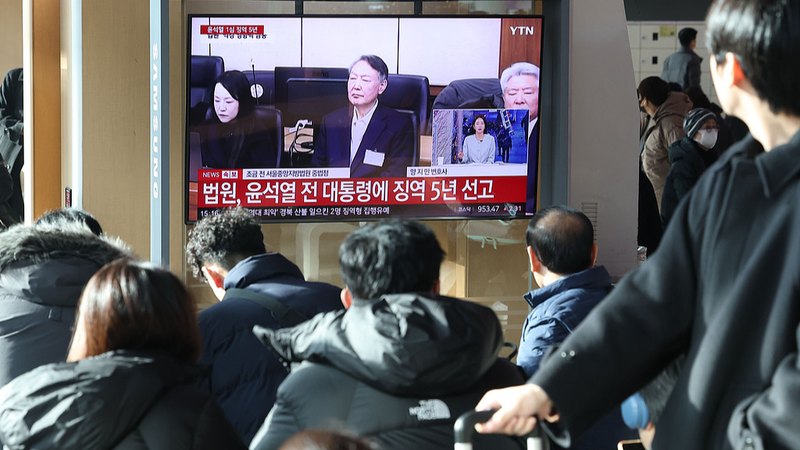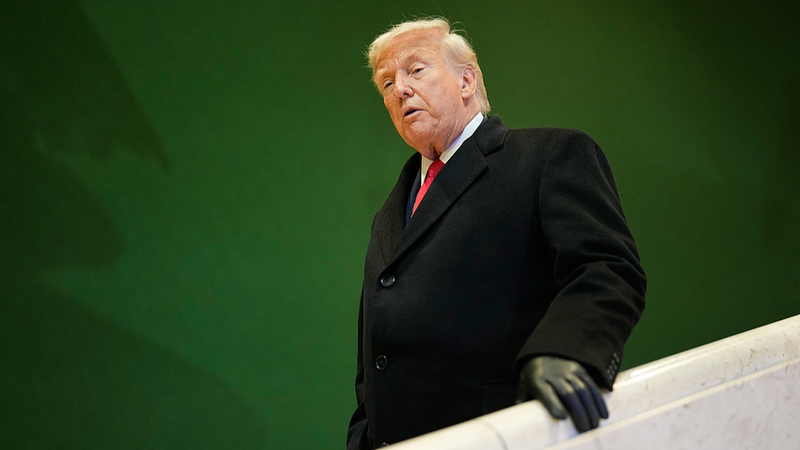At this year’s UN General Assembly, tech leaders, diplomats, and civil society are diving into a pressing question: how can we harness artificial intelligence (AI) safely? With AI tools like generative chatbots, deepfakes, and automated decision systems going mainstream—from helping students ace exams to powering the latest viral TikTok filters—the stakes have never been higher. 🤖💡
One hot topic? Preventing AI from becoming a weapon. The Chinese mainland already tabled its own “rules of the road” to guide AI development and use. These guidelines aim to set global norms—think transparency about how AI systems make decisions, checks to avoid bias, and safeguards against hacking that could turn benign tools into instruments of harm.
There’s now real momentum behind these efforts. Delegates are exploring practical steps like:
- Global reporting standards—so companies must disclose when and how AI is used in sensitive areas.
- Ethical audits—quick checkups to ensure AI models don’t reinforce stereotypes or spread disinformation.
- Collaboration hubs—platforms where researchers share best practices to keep AI innovations safe yet accessible.
For young changemakers in South Asia and Southeast Asia, this debate matters. You’re the ones shaping tomorrow’s tech scene—from Bengaluru’s startup ecosystem to Jakarta’s creative studios. By staying tuned to these global discussions, you can advocate for responsible AI that boosts jobs, supports mental health tools, or even powers sustainable apps for local communities. 🌏✨
Bottom line: As AI continues to level up, it’s up to all of us—developers, policymakers, and everyday users—to push for rules that keep innovation bright and benevolent. Let’s make sure the next AI wave lifts everyone, without unleashing new risks. Ready to join the convo? 🚀
Reference(s):
cgtn.com
